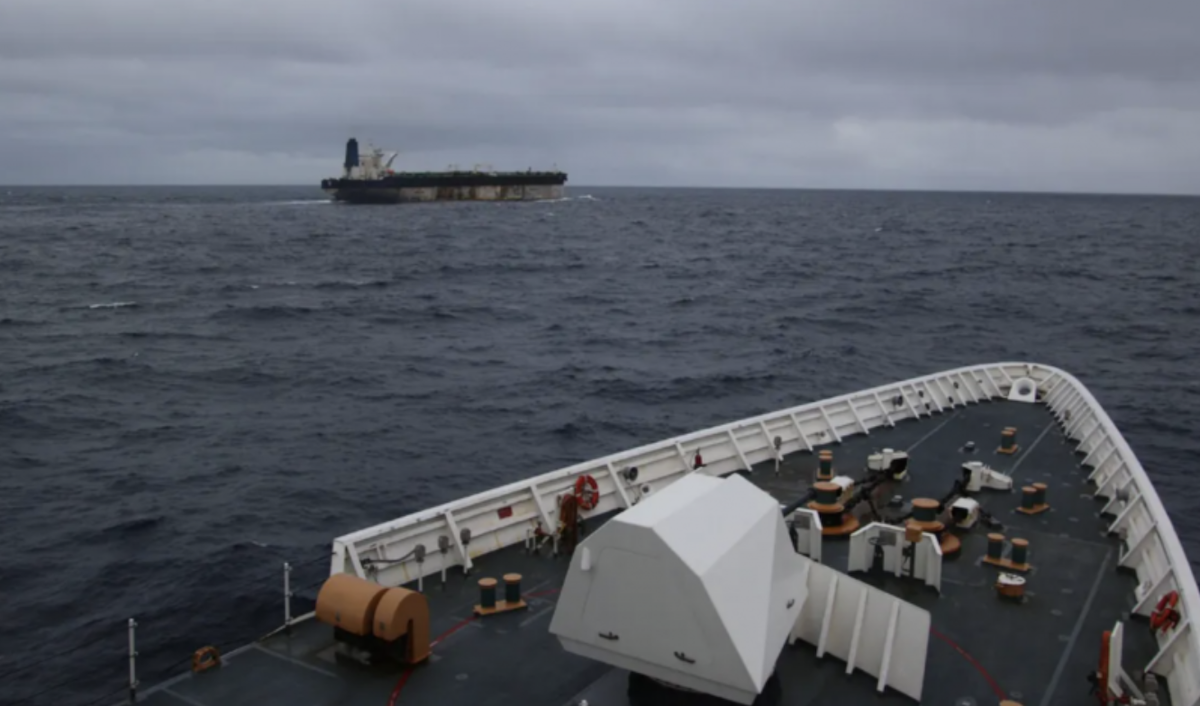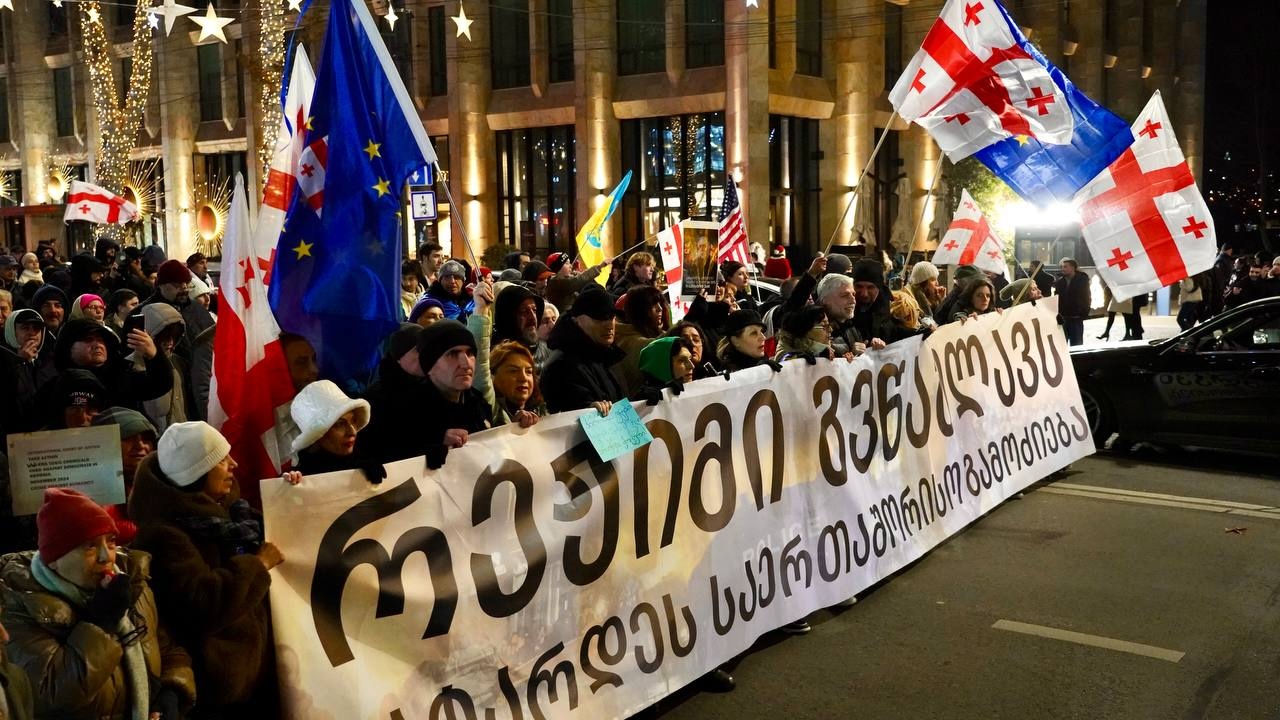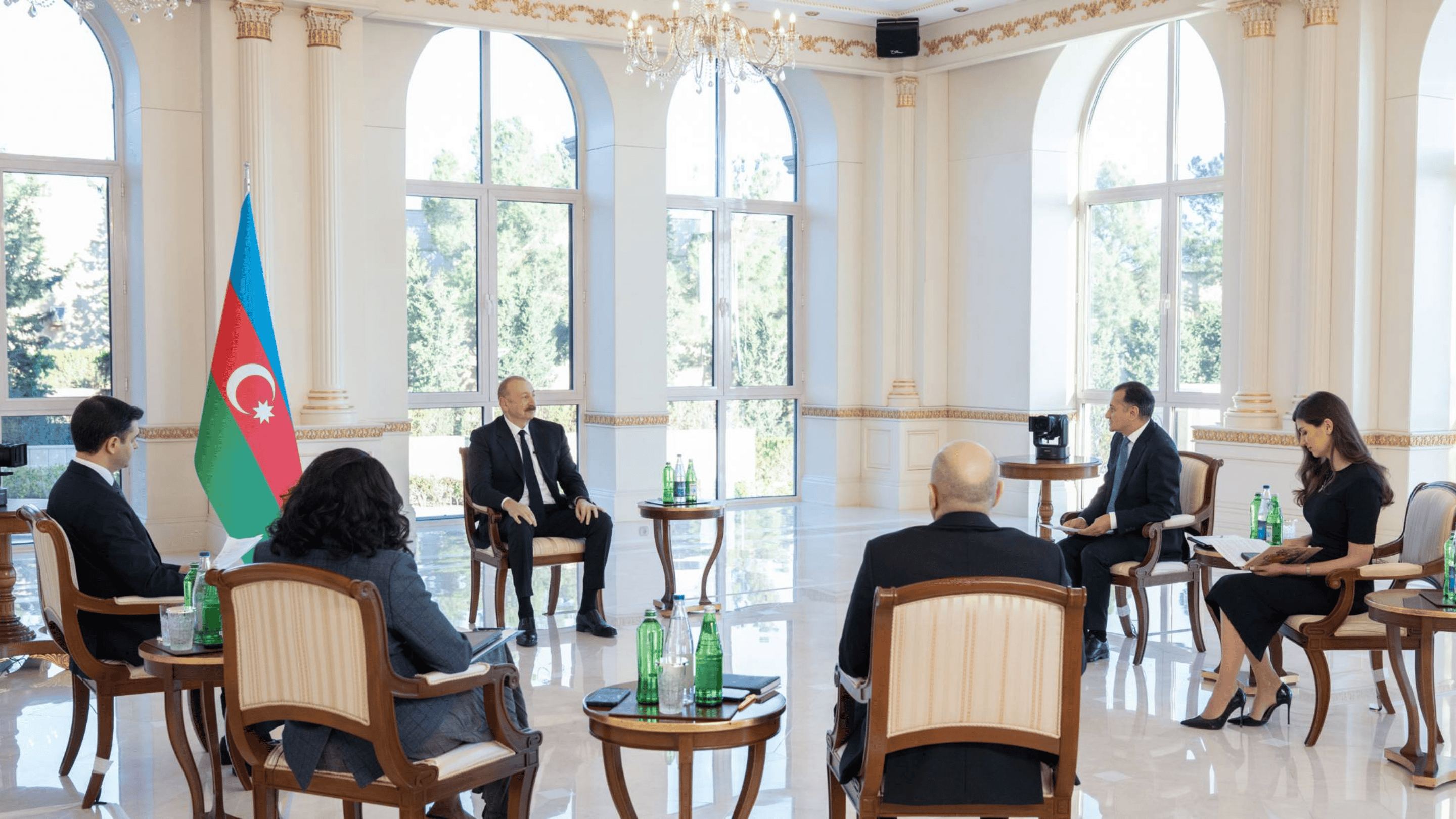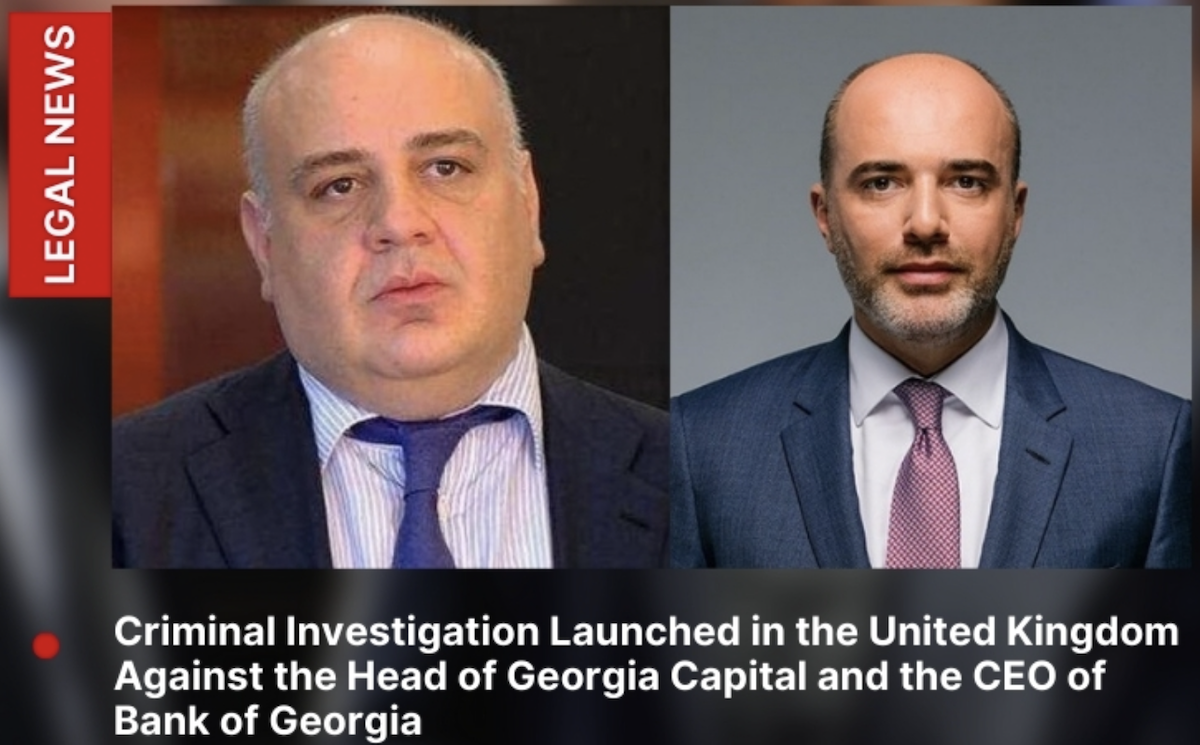How Russian propaganda sways Georgia’s ethnic minorities
Russian propaganda and Azerbaijanis and Armenians in Georgia
Around 233,000 Azerbaijanis and 168,000 Armenians live in Georgia, combined they represent 11 per cent of the total population, according to the 2014 census. As Georgia continues to westernize, the civil integration of Georgia’s (typically pro-Russian) ethnic minorities has become more of a concern.
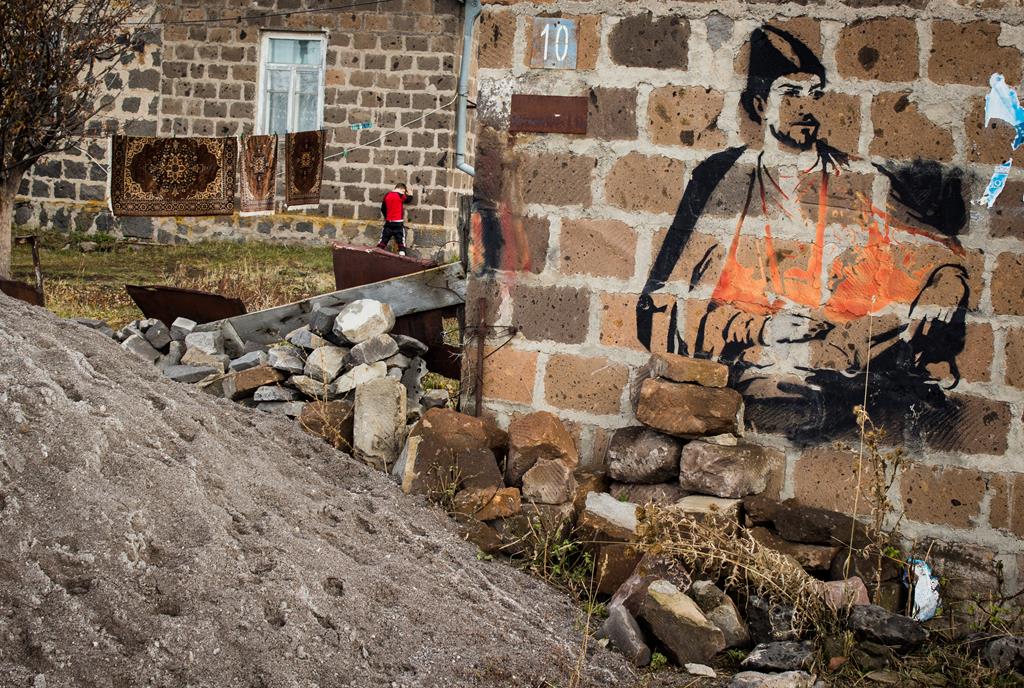
Because the media is of vital importance for the civil integration of minorities, the following questions arise: Where do Georgia’s ethnic minorities get their information from, and of what and how are they being informed? A study conducted by the Media Development Foundation in two regions, Javakheti and Kvemo Kartli, provides us with the answers.
• Georgian media talk about Muslims is not enough – the result of the study
• Is Georgia influenced by Russian propaganda?
• 25 photos from Javakheti, Georgia: villages, lakes, birds
• Mines at the Georgian-Azerbaijani border
Information sources
Javakheti and Kvemo Kartli have some of the largest populations of Armenians and Azerbaijanis in the country. Most do not speak Georgian.
While ethnic minorities in Javakheti and Kvemo Kartli physically live in Georgia, culturally they are in Russia. The most popular TV channels in those areas are Russian, and the most popular social network is Odnoklassniki, data from the MDF show.
Moreover: Armenian and Azeri minorities get their political information primarily from Russian TV channels – Channel One Russia (Pervyj Kanal) being the most popular, followed by RT and Rossiya. Respondents also listed Armenian, Azerbaijani and Turkish media as sources of information.
Few watch Georgian TV. The central media, respondents complained, pays too little attention to regional problems. As such, levels of distrust were relatively equal for the three main TV channels across political divisions: opposition TV channel Rustavi 2, pro-government channel Imedi and the Georgian Public Broadcaster.
Though the Public Broadcaster offers a series of radio and news broadcasts in Azerbaijani and Armenian, the December 2018 data shows that only 16 per cent of people in Javakheti and Kvemo Kartli watch or listen to them. Since the Public Broadcaster is obligated by law to serve ethnic minorities in the country, more work must be done to address regional issues in Azerbaijani and Armenian broadcasts.
What the Russian media is telling viewers
Russian TV channels say the West is in crisis, portraying Russian culture as ‘strong’, and the West as having lost touch with their national identity and value system as a consequence of ‘neoliberal policies and mass immigration’.
Without a national culture or value system, Western countries have their eyes set on expansion, the Russian media says, denouncing this as a double standard of the West: while policies may preach tolerance and peace, in its actions the West sows violence and conflict.
Respondents cited US involvement in the Syrian conflict as a recurring topic in Russian newscasts. In their depiction of the conflict, the US is a colonizer. The Russian media say the US has encouraged terrorism in Syria in order to influence the country’s internal affairs in its favour and extend its power.
After the US, the UK is the number two target of Russian TV. Often, misinformation is given regarding the Skripal case, and London is regularly represented as the world’s money-laundering capital.
Then there’s Ukraine. The newscasts regularly depict the autocephaly of the Ukrainian Orthodox Church as an “American scheme to divide the Orthodox Church”, and Ukrainian statehood as a made-up story (of the West).
In the case of the EU, the Russian TV again tries to identify a double-standard. While EU internal social policies are demonized, its migration policies are touted as xenophobic – immigrants, the Russian media claims, are treated as criminals and terrorists.
George Soros also naturally figures in Russian media: he is depicted as the master puppeteer behind the recent revolutions in Armenia, Ukraine, and elsewhere.
Of course Russian channels devote no small amount of time to singing their own country’s praises: Russia, they claim, possesses a military advantage over other countries, and is instrumental to world security and the war against terrorism.
Do Georgian minorities believe the information of Russian TV channels?
The data suggests they do.
For instance, sixty per cent of respondents believe disinformation about Georgia’s Lugar laboratory, which was founded by Americans. Russia claims the laboratory isn’t engaged in scientific work, but in the production of bacteriological weapons.
Other data is just as alarming:
• The respondents overwhelmingly believe in ‘America’s support for Eastern terrorists’.
• Most respondents are confident the Russian market is more stable than the EU market.
• More than half of the respondents (56.2 per cent) believe the EU is forcing Georgia to accept Syrian refugees.
• In Javakheti, 46 per cent of respondents are convinced that after Georgia’s accession to NATO, the Turkish army will appear in the country.
The study was conducted from 1 May to 15 November 2018 and involved eight focus groups consisting of 64 people.















